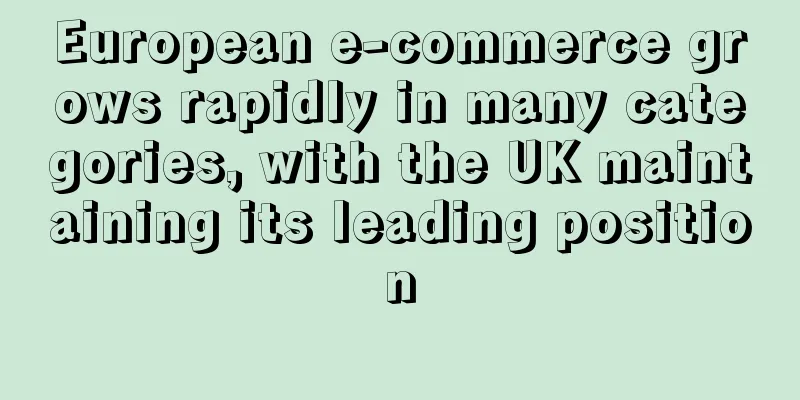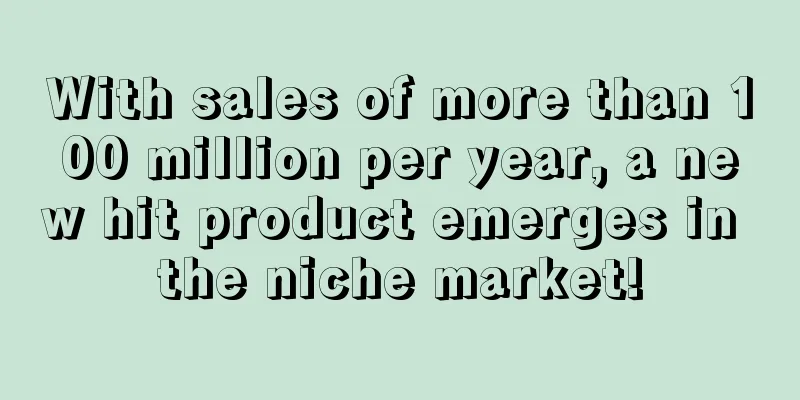Online shopping surges as European consumers prioritize online shopping

|
As shown in the figure above, when we compare the charts for 2021 and 2020, we can see a more obvious difference. The most obvious is that online shopping volume during the peak season in 2020 continued to grow, while online shopping volume in the first few months of December 2021 grew more slowly.
However, the growth trend of holiday shopping in December 2021 shows us a positive change in the average number of online purchases per consumer per month. Among them, British consumers have the highest average purchase volume, Germans rank second, and the Dutch rank third, but with the largest increase; Norway ranks fourth with 4.1 online purchases, but it is still a significant increase.
Compared with 2020, e-commerce volumes are still lower, but people seem to have gotten used to the ravages of the pandemic this year, so 2020 was an extremely abnormal year, while 2021 is a more normal year for e-commerce growth.
Although offline retail has gradually begun to recover, online shopping has not been greatly affected. Data shows that the online share of total spending in these European countries has increased.
In December 2020 , the share of online spending in the Netherlands was 47%, rising to 49% in December 2021. In Germany, the share of online spending in total spending reached 48% in 2021, an increase of 1 percentage point compared to 2020. Norway's share of online spending also grew, rising from 36% in 2020 to 38%. The United Kingdom (only) achieved the highest share of 57% in December 2021.
During the peak season in these countries, the percentage of online spending increased while the percentage of offline spending decreased, which means that consumers prioritize online shopping over physical stores during this busy festive period of the year.
In summary, the 2021 peak season showed an increase in online shopping. The average number of online purchases per month may not be as high as in 2020, but the peak season is indeed worthy of the name. Consumers are buying more and more online compared to offline. In addition to the continued increase in consumers' online purchases, consumers have also become more loyal to online channels in 2021 since 2020.
Therefore, it can be foreseen that the European online market still has huge potential in 2022. How to enhance the competitiveness of their own brands and increase the repurchase rate of products remains the primary issue that e-commerce sellers need to pay attention to. Europe Buy Online |
<<: eBay to automatically protect seller ratings as snowstorm hits southeastern U.S.
>>: Home furnishings consumers prefer Etsy
Recommend
TikTok tests age-rating content restrictions
TikTok, which has seen a sharp rise in popularity...
What is Daxin Legal? Daxin Legal Review, Features
Daxin Legal specializes in solving relevant legal...
Google joins hands with Shopify to help online e-commerce expansion
Recently, Google announced a partnership with e-c...
The rise of Temu is proof that Amazon has not monopolized the industry!
Temu's "Shop Like a Billionaire" is...
Although Black Friday was cold, sellers still have sales opportunities in December!
The quiet Black Friday this year has left many se...
Shopee's GMV in the second quarter reached US$15 billion, and Russia's Ozon released its Q2 financial report
Shopee's second quarter GMV reaches US$15 bil...
What is Wooshpay? Wooshpay Review, Features
Wooshpay is a one-stop payment platform that puts...
Excellent! Yiwu seller has only been in the business for one year, but has over 4,000 orders per day...
The cross-border circle is a place where hidden d...
What is YOOX? YOOX Review, Features
Founded in Milan in 2000, YOOX , full name “YOOX ...
What exactly is affiliate marketing? Even SHEIN is doing it?
When it comes to the popular social media marketi...
What is Shanghai Youni Culture Communication Co., Ltd.? Shanghai Youni Culture Communication Co., Ltd. Review, Features
Shanghai Youni Culture Communication Co., Ltd. wa...
What is Rakuten Express? Rakuten Express Review, Features
Lotte Express (Shanghai Lotte Express Co., Ltd.) ...
Black Friday and Cyber Monday shoppers grew 9%, mostly young women
Recently, AfterPay Insights conducted a holiday s...
What is Quora? Quora Review, Features
Quora is an online question-and-answer website th...
US consumer purchasing power declines, but e-commerce revenue grows 6%
The shopping index report released by marketing p...









